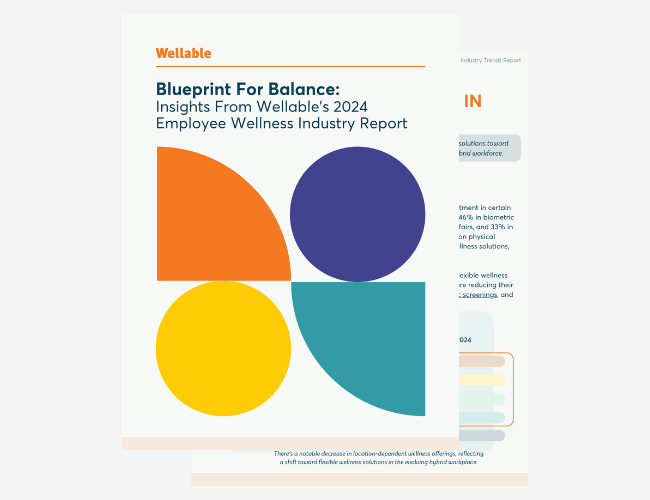A new survey from Towers Watson highlights the importance companies are putting on employee wellness as well as the struggles they are having trying to deliver successful programs. The Staying @ Work Survey “found that a large majority (84%) of U.S. employers identify health and productivity improvement as essential or moderately important to their health strategies. Additionally, over three-quarters (77%) of U.S. employers expect their organization’s commitment to increase or significantly increase over the next three years.”
Despite the growing commitment to improve employee wellness, employers are finding it difficult to engage employees and deliver results. The survey also gauged the opinions of employees, and the results provide a different perspective on employee wellness programs. Only one-third of employees said the “well-being initiatives offered by their employers encouraged them to live healthier lifestyles. In addition, 71% of employees prefer to manage their own health, and nearly one-third (32%) said the initiatives offered by their employers don’t meet their needs. Nearly half (46%) don’t want their employers to have access to their personal health information, in part due to privacy concerns, and close to one-third (30%) don’t trust their employers to be involved in their health and well-being.”
The survey also revealed that only “50% of employees participated in a well-being activity or health management-related program. Individual program participation was even lower, ranging from 48% for health risk and biometric assessments, to 22% for worksite diet/exercise events, to 8% for healthy-sleep or tobacco-cessation programs. On average, employers offer their employees $880 through a range of annual incentives, but employees collect only $365. Two-fifths of all employees don’t earn any incentives at all.”
The disconnect between employers and employees when it comes to wellness programs should not be surprising. The good news is that employers want to do a better job and employees want to be healthier. The first step for employers is to listen to employees. Employees don’t trust employers with their health because they continually show little prowess in delivering the right solutions. For example, too many companies continue to offer biometric screenings and health risk assessments because they are still living in the 1990s. Employees read about why, like annual physicals, biometric screenings should not be done every year to every person in major publications like the New York Times. These types of articles make employees question and not trust employers (that use these services) with all things wellness.

Also, employees want to manage their own health, which means they want access to tools that are not limited to the one their HR team picked out, which is why so many employees think their wellness program does not meet their needs. Companies should embrace employee choice and incorporate consumer wellness solutions into their wellness programs. Employees can manage their own health by choosing the best solutions for them.
Cutting services and moving to consumer technologies will both save money and deliver better programs. Companies have a tendency to show their commitment to employee health by throwing money at the problem. This is why incentives have gone up so much in the last several years. This may seem counterintuitive, but many employers will be better off and show more commitment to employee health by cutting back their programs and embracing consumer solutions.












